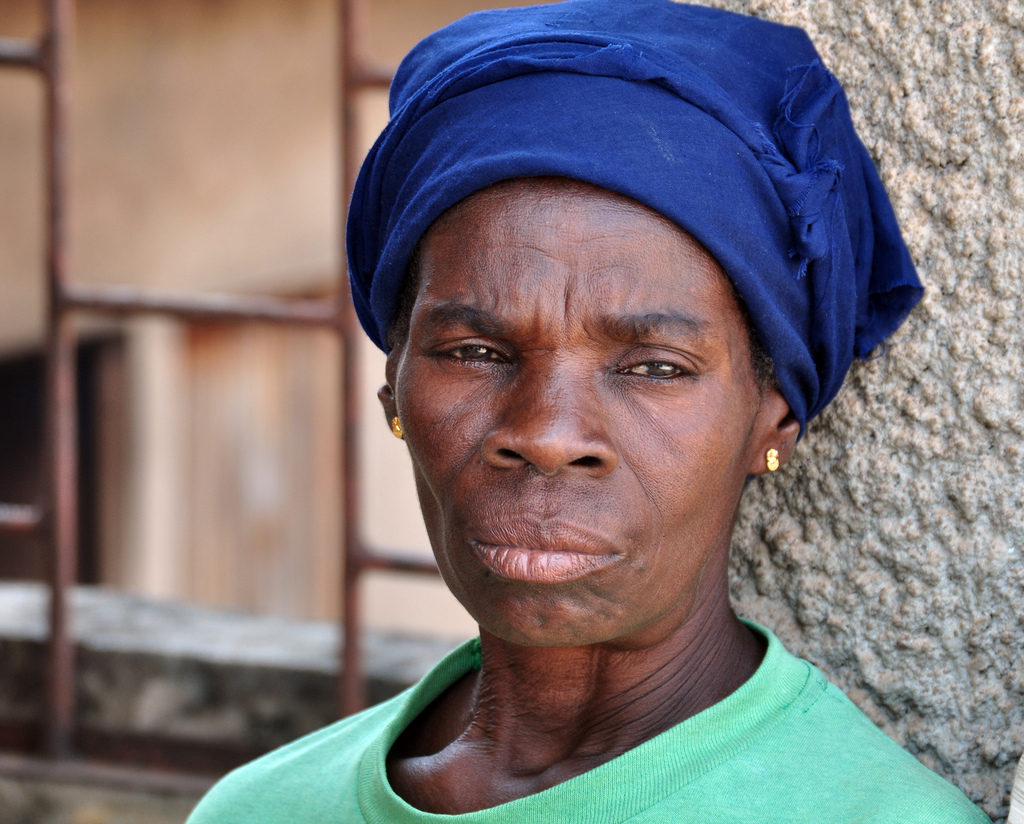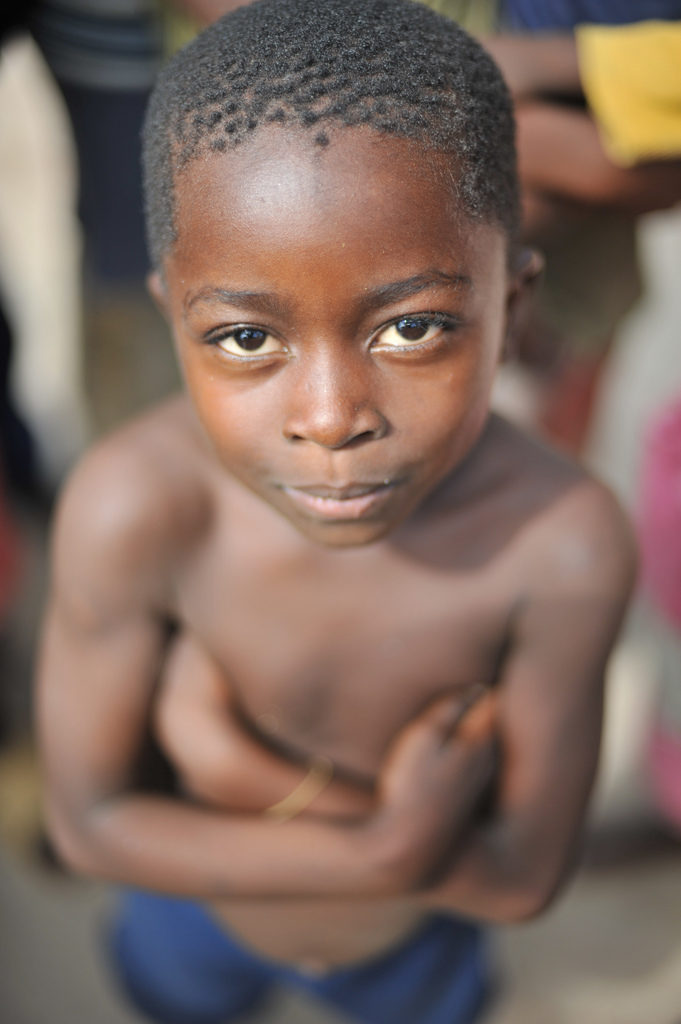This article is adapted from a post on the ABTS blog on May 17, 2018.
We tend to put faces on unfortunate things. It is not a good practice but we do it anyways. Famine has African faces, terrorism Muslim faces, the drug trade Latino faces, and on it goes. So it is with human displacement where the faces of Syrians, Palestinians and the Rohingya have largely come to personify the nightmare of being forced from home and left “out of place” in this world. Displacement effectively dehumanizes its victims and this dehumanization is intensified when our collective mind associates entire people groups with a particular misery.
In a global drama of displacement involving more than 65 million individuals, the MENA region has assumed center stage. My country of residence, Lebanon, is a type of displacement epicenter boasting the highest global density of displaced persons, which led a government leader to recently describe it as “one big refugee camp.” While the world generally agrees that human displacement is a global problem, many see it as a foreign problem in some other corner of the globe. However, I believe a nuanced look at our own places and stories will compel us to face human displacement in profound ways.
America has been filled with faces of displacement throughout its national experience. From Indian nations driven from their homelands and confined to reservations by a treaty-breaking government, to masses of Africans captured, sold and held in bondage by a horrific slave trade, to an estimated 3.5 million individuals forced into exodus from Great Plains states during the catastrophic Dust Bowl of the 1930s, human displacement is a central theme in the American narrative.
This is no form of American exceptionalism either; human displacement has sunk its jaws into every corner of the world and left permanent marks everywhere. In the 20th century alone the forces of colonialism, world wars, genocides, nation-state formation, and civil conflicts resulted in seismic flows of forced migrations that reshaped political, social and demographic landscapes worldwide. In the Bible, we see that displacement is the fundamental story of humanity.
It all starts, naturally, in Genesis where God fashioned creation as a physical place and created all things to belong somewhere within it. Humanity itself is formed from the dust of the earth and given a home within a garden. In this beginning the Bible attests to our human need for rootedness in places of meaning. Implacement is why we all share a deep desire to belong somewhere in this world and to have a place to call home.
Sin displaced Adam and Eve from the garden and set the stage for humanity’s struggle to set roots within a world constantly forcing its inhabitants out of place. This struggle is a defining story of humanity, and stories of every kind, from The Odyssey to The Hobbit, are steeped in the human quest for home.
Scripture provides copious examples of men, women, families and entire nations enduring an “out of place” condition, including:
Noah and family on the Ark.
The sojourns of Abraham, Sarah, Isaac and Jacob.
Haggar and Ishmael banished to the wilderness.
Joseph trafficked, enslaved and imprisoned in Egypt.
Moses and the Hebrews wondering the Sinai wilderness.
Ruth battling poverty in a foreign land.
David and Elijah fleeing from tyrannical regimes (1 Samuel 21 &22; 1 King 19).
Daniel, Esther and Ancient Israel in exile.
Mary and Joseph escaping a murderous ruler.
The church of Acts scattered by religious persecution (Acts 8:1-8).
Scripture may contain the rich calling to a spiritual pilgrimage as sojourners of faith, but the fact remains that nobody actually wants to experience the vulnerability, insecurity, and confusion of placelessness. The psalmist acutely articulates this in the weeping lament of Psalm 137, “How can we sing the Lord’s song in a foreign land?” We simply are not designed to be adrift in this world, nor are we meant to be strangers toiling in strange lands, but this is precisely the existential crisis at the heart of our world’s displacement crisis.
In the incarnation, we see Christ’s willful displacement from heaven as he “emptied Himself, taking the form of a servant” (Phil. 2:7) and bridged the human-divine divide. His life was marked by hardships endured by the displaced today, early on as a child fleeing death in his homeland and later as a man on the margins of society with “no place to lay His head” (Matt. 2:13, 8:20). Ultimately, the epitome of displacement is seen nailed on a cross as the living God is “cut off out of the land of the living” (Isaiah 53:8). There is, therefore, no aspect of the refugee, internally displaced, or stateless experience that God does not know intimately well because Christ became the face of displacement so that humanity may be reconciled to God.
God promises that a new creation will come where displacement will be swallowed up by the victory of implacement (Revelations 21). While we earnestly anticipate future deliverance, the reality is that hope exists right here and right now in the kingdom of God. God’s kingdom is the ultimate of entities embedded everywhere and possessing the power to transform all who are in place, out of place and anywhere in between. It is the highest of homelands where everyone belongs, and it is being actualized today in amazing ways. I see and hear countless examples of how churches, faith organizations, faith movements and individual believers are witnessing God’s sovereign work of compassion and redemption in the midst of displacement. The kingdom is very real and it is changing situations from death to life.
You cannot truly engage displacement today and not be inspired by who you encounter there. Despite the inhospitable conditions in which they live, displaced individuals daily demonstrate a tremendous spirit that testifies to the pursuit of life and faith. Many are their souls that sing:
’Tis grace hath brought me safe thus far,
And grace will lead me home.
Let us tirelessly minster the kingdom until all who are “out of place” find a place where they belong, a place to call home.


